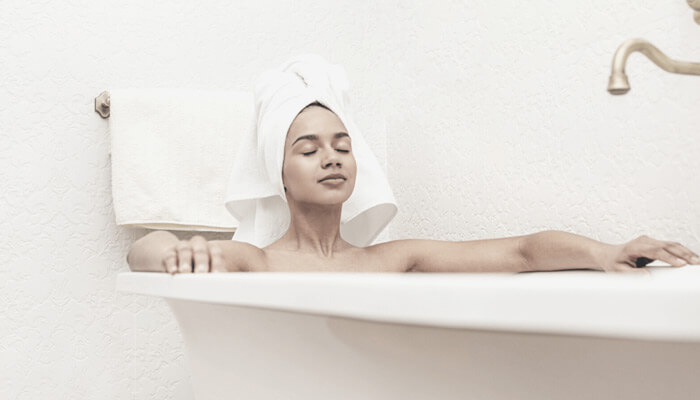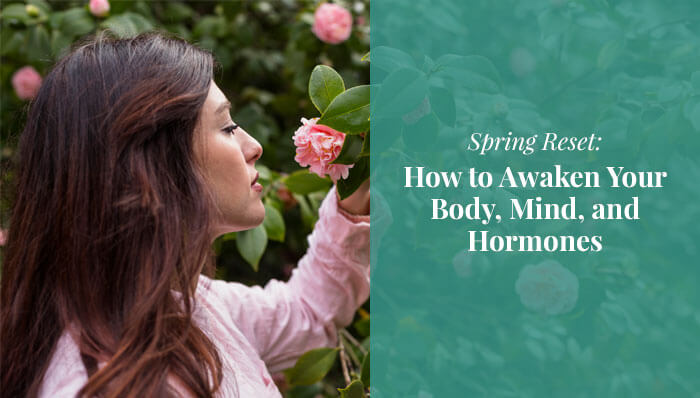Self Care
It’s easy with a demanding schedule and so many responsibilities to forget to take care of yourself – both physically and emotionally. Self-care is often the last thing we prioritize, but it is one of the most important aspects of good stress management. And as you probably well know, managing stress can help you lead a happier, healthier, and more productive life.
So, if you’re someone who views self-care as something selfish or indulgent, it’s time to change that view. Self-care is not an indulgence — it’s a discipline. An indulgence is something we occasionally allow ourselves, like a piece of dark chocolate. While self-care may feel indulgent, it is far from it. Self-care is a discipline because it requires taking responsibility for the care of your overall well-being through actions and routines.
It can be hard to prioritize and make time for self-care in your busy schedule. But anything worth doing will require some effort and attention. And when you do take the time to care for your physical and emotional needs, you will be more resilient and better equipped to meet life’s challenges head-on.
Remember, (like those you care for and love) you deserve to be nurtured. When you’re well cared for, the people you care for will benefit, too. Also, practicing the discipline of self-care will help protect your health and skin for years to come!
Relationship Between Stress & Skin
The relationship between stress and skin is real! For example, many skin conditions, such as acne, eczema, rosacea, psoriasis, and even premature aging, can both cause AND be triggered by stress!
When you’re stressed, the adrenal glands release the hormone cortisol. Cortisol can increase sebum production and inflammation, triggering or aggravating any skin conditions. Likewise, Living with a skin condition can cause a great deal of emotional distress. The relationship between stress and skin can thus be perpetuated and negatively impact your skin.
Additionally, stress worsens inflammation, microbiome disturbances, hormonal imbalances, and nutritional deficiencies. These are all root causes that trigger skin and other health issues that I discuss in my book, Clean Skin From Within.
Stress Management
The solution to stress is taking time for self-care. Self-care practices such as positive affirmations, breathwork, and meditation can effectively manage stress and shift your outlook on life (and your skin), especially when you make them part of your daily routine.
Here are five simple self-care practices to help manage stress:
1. Breathe Deeply

Breathwork can help you improve your mental, physical, and spiritual well-being. Breathwork therapy involves breathing consciously and systematically. By intentionally changing your breathing pattern, you can create relaxation. But it’s not only relaxing — there is evidence that breathwork positively affects the immune system, nervous system, digestion, and heart.
To start, sit in a relaxing position with your eyes closed.
Place one hand on your chest and the other on your lower abdomen.
For five to ten minutes, just focus on your breath, noticing your inhalation and your exhalation. As you inhale, allow your lower abdomen to swell like a balloon.
With each breath out, practice relaxing your face, jaw, and shoulders. If your mind wanders, bring your focus back to your breath.
2. Show Gratitude

Gratitude is about appreciating what you have around you. Research shows gratitude helps us feel happier, deal better with problems that arise, and build solid relationships, and it improves our health. My favorite way to anchor in and reap the rewards of gratitude is to keep a gratitude journal. Write down at least three things each day you are grateful for in your life.
3. Step Into Nature

Step away from your computer, phone, or any energy-zapping scenario, and escape into nature. Even if it’s just a quick walk around the block, a few moments in the sun and fresh air can boost your mood and give you a little extra Vitamin D to brighten your day. When you choose daily self-care, you’re choosing a self-honoring routine that helps you shift your mood and show up more fully in your life. This helps today, and it supports a healthy, fulfilling road ahead!
4. Mindfully Meditate

Research suggests that meditation helps lower stress, increases our compassion, improves sleep, boosts mood, decreases inflammation, and even helps lower yearly medical costs. The goal of meditation is to focus and quiet your mind to achieve greater clarity and inner calm. Try this simple meditation:
- Choose a quiet place, and turn off any electronics
- Sit in a relaxing position
- Focus on a word, such as “gratitude”
- When your mind wanders, gently bring your attention back to your focal point
- Let go of expectations
5. Relax Into A Bedtime Ritual

Ideally, we all should get about eight hours of uninterrupted sleep each night. Create a relaxing bedtime ritual with any of the following:
- Listen to soothing music
- Take a warm bath
- Perform breathing or other relaxation exercises
- Journal about your wins for the day
Don’t forget to turn off electronics, turn down the lights, and avoid caffeine and sugar before bedtime. These bedtime rituals will help set you up for a night of better restorative sleep.
Feel free to share this article with your friends and spread the word to promote natural beauty.



